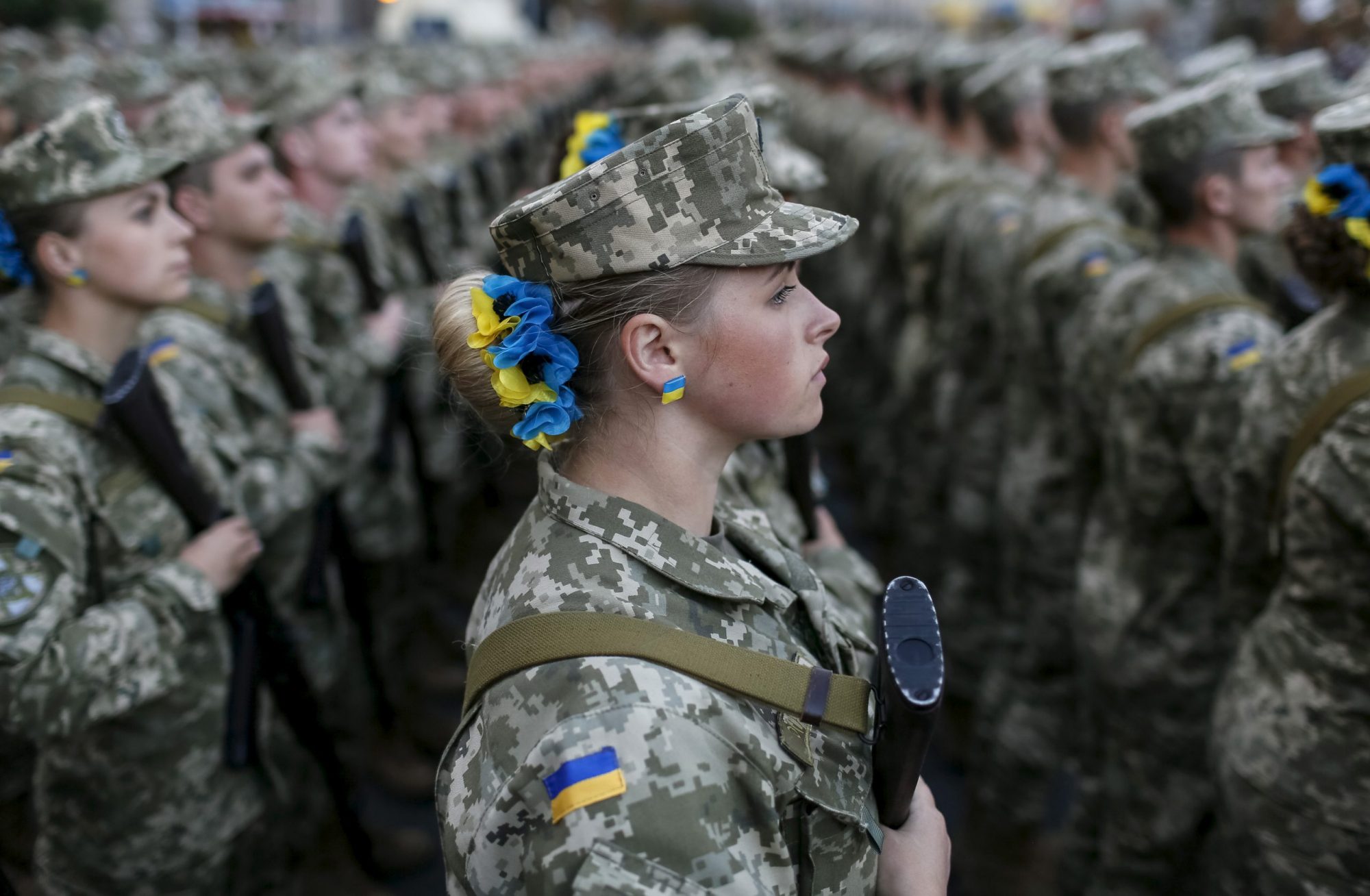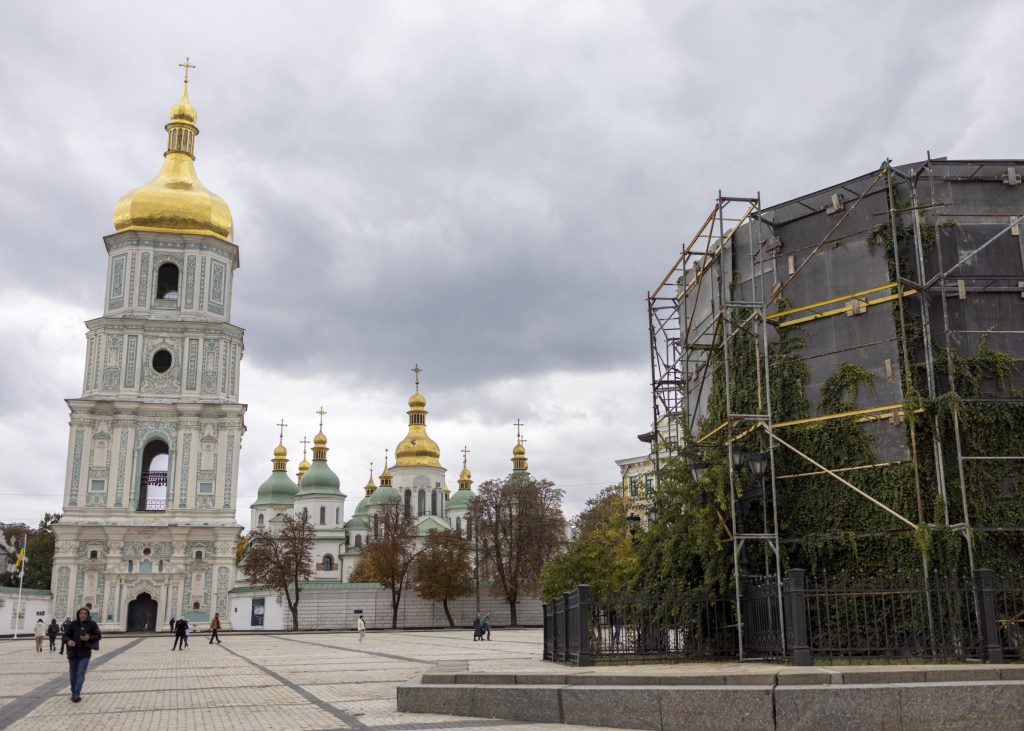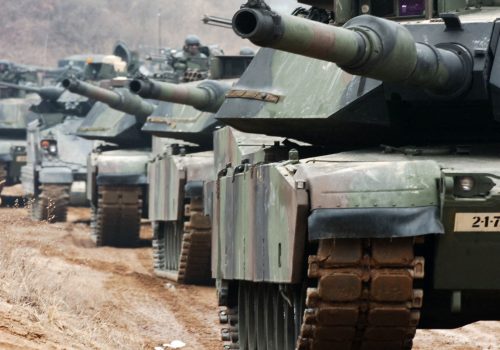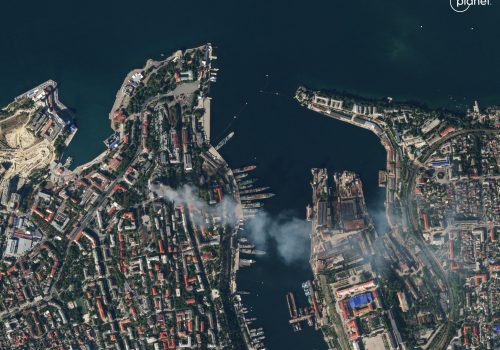
War risk insurance can contribute to Ukrainian victory over Putin’s Russia

Russia’s ongoing invasion has had a devastating impact on the Ukrainian economy, with Russian forces deliberately targeting businesses and infrastructure while blockading Ukraine’s ports in a bid to bankrupt the country. In order to fight back on the economic front, Ukraine must encourage domestic and international investment. This is why greater war risk insurance coverage is so important for Ukraine.
There has been significant progress toward expanded insurance coverage for businesses since the onset of Russia’s invasion almost twenty months ago. The World Bank’s Multilateral Investment Guarantee Agency (MIGA) recently confirmed a $9.1 million ten-year insurance package for the M10 industrial park project in western Ukraine’s Lviv region. Once construction is complete, the facility is expected to create 3,000 new workplaces and will provide the surrounding region with a significant economic boost.
This insurance agreement is partially financed by donor countries through the Support for Ukrainian Reconstruction and Economic Enhancement (SURE) trust fund, which is overseen by MIGA. It is widely regarded as a showcase for other investors that highlights the investment insurance instruments already available in Ukraine.
In addition to MIGA, the US International Development Finance Corporation (DFC) is actively engaged in the issue of war risk insurance for Ukraine, with several applications worth hundreds of millions of dollars currently in the pipeline. Meanwhile, the German government has recently extended export credit guarantees to Ukraine, broadening the scope of support for companies operating in Ukraine, and French export credit agency Bpifrance Assurance Export is now offering insurance coverage to French companies investing in Ukraine.
Subscribe to UkraineAlert
As the world watches the Russian invasion of Ukraine unfold, UkraineAlert delivers the best Atlantic Council expert insight and analysis on Ukraine twice a week directly to your inbox.

-
-
-
This field is for validation purposes and should be left unchanged.
For more than a year, Poland’s Export Credit Insurance Corporation KUKE has provided guarantees for the sale of goods in Ukraine. Thanks to this support, Polish exports to Ukraine increased by almost 55% in 2022. Poland recently adopted legislation that will pave the way for a KUKE program covering the participation of Polish businesses in Ukraine’s reconstruction and recovery. Significantly, this legislation will make it possible to provide insurance cover to the Polish branches of international companies.
The expansion of war risk investment insurance in Ukraine has been publicly backed by G7 leaders, the European Commission, and a number of individual national export credit agencies. The German, French, Italian, British, Swedish, and Japanese export credit agencies have already committed to participating in political risk insurance for their companies operating in Ukraine.
The European Bank of Reconstruction and Development (EBRD) is also in the process of establishing a new fund that will boost the local insurance market for property and trade risks, including insurance of goods in transit or stored in warehouses. This fund is expected to become operational in early 2024.
Looking ahead, another welcome step would be the establishment of expanded ECA programs to cover the risks incurred by Ukrainian investors. This would encourage the creation of joint enterprises.
Eurasia Center events

While publicly financed programs are providing some much-needed insurance coverage, a key goal remains the reactivation of the international reinsurance market in Ukraine. For this to happen, it is important to challenge perceptions of Ukraine as being a high risk jurisdiction. One option is the creation of a special trust fund to jump start global war risk insurance and reinsurance. This could be managed by the governments of partner countries together with Ukraine.
Ukraine’s economic resilience is a strong argument for the reactivation of the commercial insurance market. Thanks to the efforts of the Ukrainian military, thousands of Ukrainian businesses have been able to continue or resume activities since the start of Russia’s full-scale invasion, with many of those situated in front line regions relocating to safer parts of the country such as western Ukraine. The International Monetary Fund (IMF) recently upgraded its annual Ukrainian GDP growth outlook to 2%, with others predicting a significantly higher final figure for the current year. The forecast of the Ukrainian Ministry of Economy anticipates at least 4% GDP growth in 2023, with a 5% increase next year.
The time to act is now. In order to maintain the country’s defense capabilities and repair war damage, Ukraine needs economic stability. Effective insurance cover that reflects the risks created by Russia’s ongoing invasion can potentially unlock tens of billions of dollars in investment. This will create the conditions for the return of millions of Ukrainians who have sought safety as refugees in the European Union or beyond. Businesses forced to close due to the war will be able to reopen, while exciting new investment projects will spring up across the country.
Insurance initiatives by the likes of MIGA send a strong signal to the international investment community that Ukraine is open for business and has a bright future. An expanded war risk insurance architecture will create firm foundations for the coming recovery and will set the stage for Ukraine’s emergence as a modern and progressive European country.
Yulia Svyrydenko is Ukraine’s First Deputy Prime Minister and Minister of Economy.
Further reading
The views expressed in UkraineAlert are solely those of the authors and do not necessarily reflect the views of the Atlantic Council, its staff, or its supporters.

The Eurasia Center’s mission is to enhance transatlantic cooperation in promoting stability, democratic values and prosperity in Eurasia, from Eastern Europe and Turkey in the West to the Caucasus, Russia and Central Asia in the East.
Follow us on social media
and support our work
Image: A monument in central Kyiv protected from Russian bombardment. (Photo by Hesther Ng / SOPA Images/Sipa USA)






